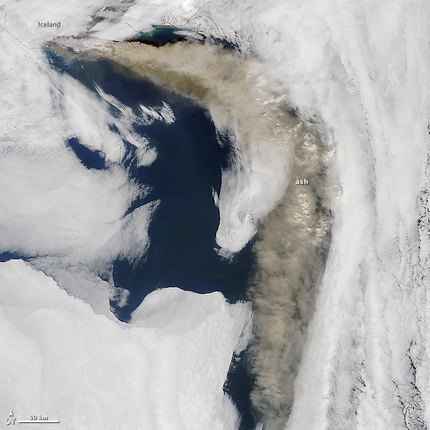A series of intense extratropical cyclones affected the west coast and southwest region of the United States. Rainfall amounts over 300mm and snow accumulations over 120cm were reported across the higher terrain in the region. The heavy rainfall and wind prompted around 800 mandatory evacuation orders in Southern California due to a fear of landslides. Severe thunderstorms were also present with these weather systems, with seven tornadoes being reported in California. The third and last storm of the series broke numerous records across the West, including all-time record low pressures over roughly 10-15 percent of the United States. Some of the most notable cities setting record low pressures included: Los Angeles, San Diego, Salt Lake City, Las Vegas, and Phoenix.
Low pressure records:
Location Date Pressure Previous Date
Medford OR Jan. 20 28.88"/978 mb 28.93" Dec. 12, 1995
Eureka CA Jan. 20 28.90"/979 mb 28.91" Feb. 1891
Los Angeles CA Jan. 21 29.20"/989 mb 29.25" Jan. 17, 1988
Las Vegas NV Jan. 21 29.13"/986 mb 29.17" Dec. 1949
San Diego CA Jan. 21 29.15"/987 mb 29.37" Mar. 3, 1983
Note: The pressure at Los Angeles continued to fall, reaching 29.07"/985 mb at 1 pm PST today.
 this view of a thick plume of ash blowing east and
then south from the volcano. Clouds bracket the edges of the scene, but the
dark blue waters of the Atlantic Ocean show in the middle, and above them,
a rippling, brownish-yellow river of ash.
this view of a thick plume of ash blowing east and
then south from the volcano. Clouds bracket the edges of the scene, but the
dark blue waters of the Atlantic Ocean show in the middle, and above them,
a rippling, brownish-yellow river of ash.
 this view of a thick plume of ash blowing east and
then south from the volcano. Clouds bracket the edges of the scene, but the
dark blue waters of the Atlantic Ocean show in the middle, and above them,
a rippling, brownish-yellow river of ash.
this view of a thick plume of ash blowing east and
then south from the volcano. Clouds bracket the edges of the scene, but the
dark blue waters of the Atlantic Ocean show in the middle, and above them,
a rippling, brownish-yellow river of ash.